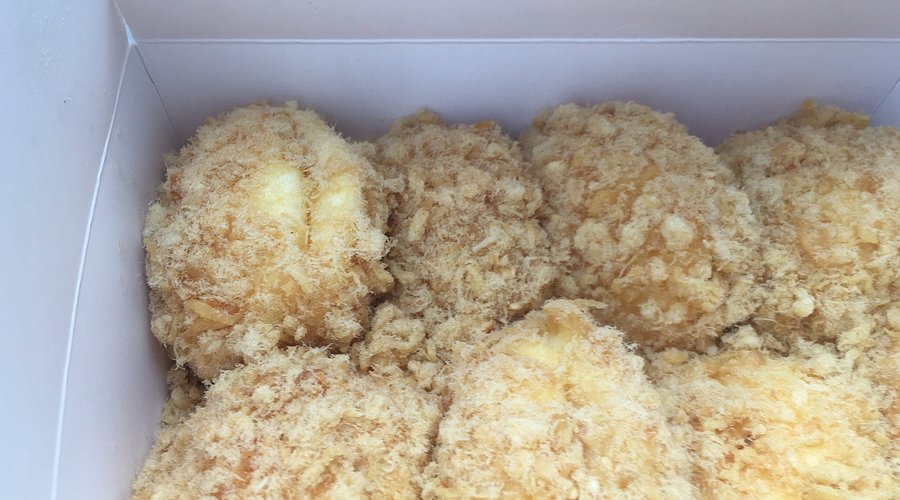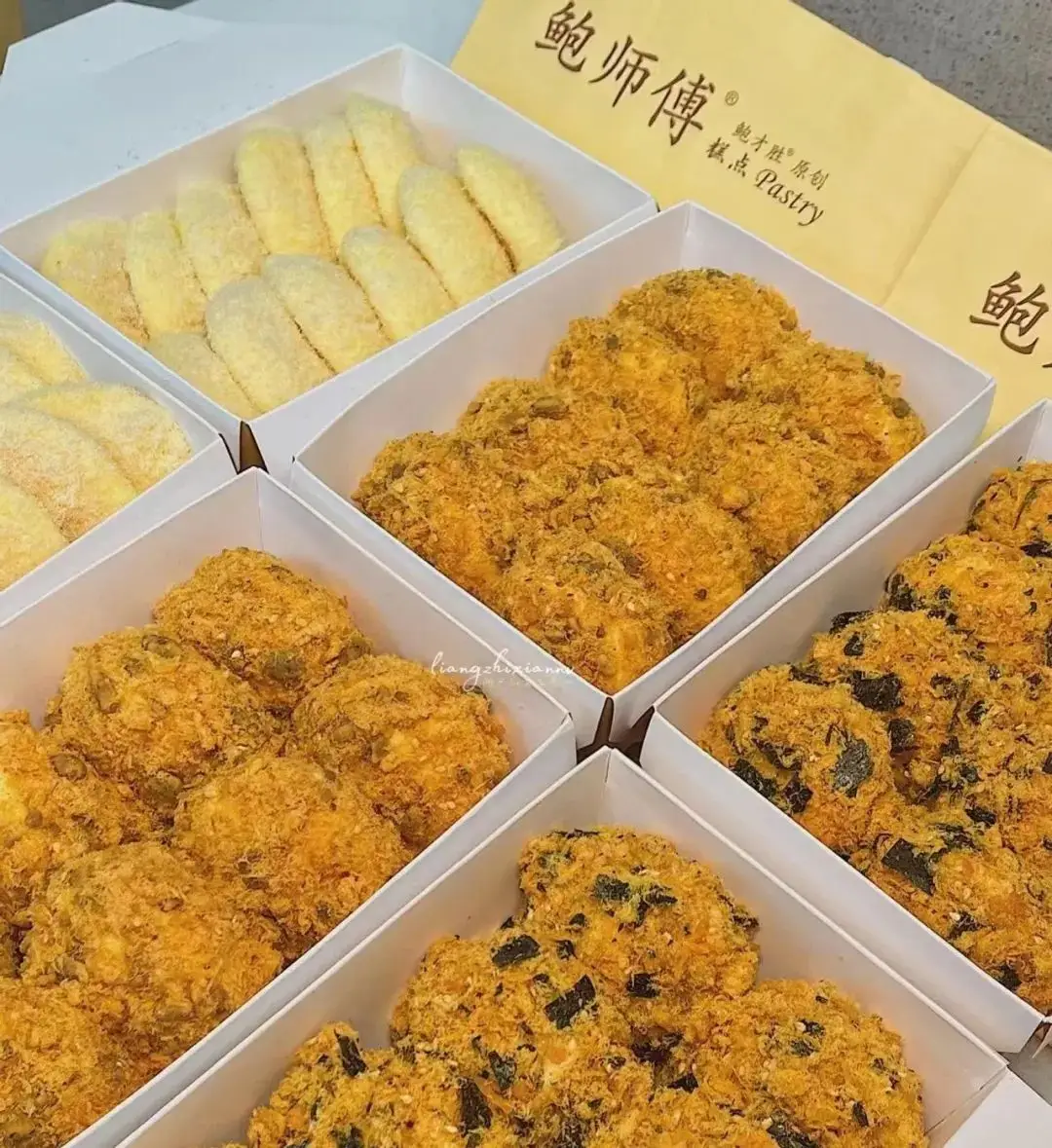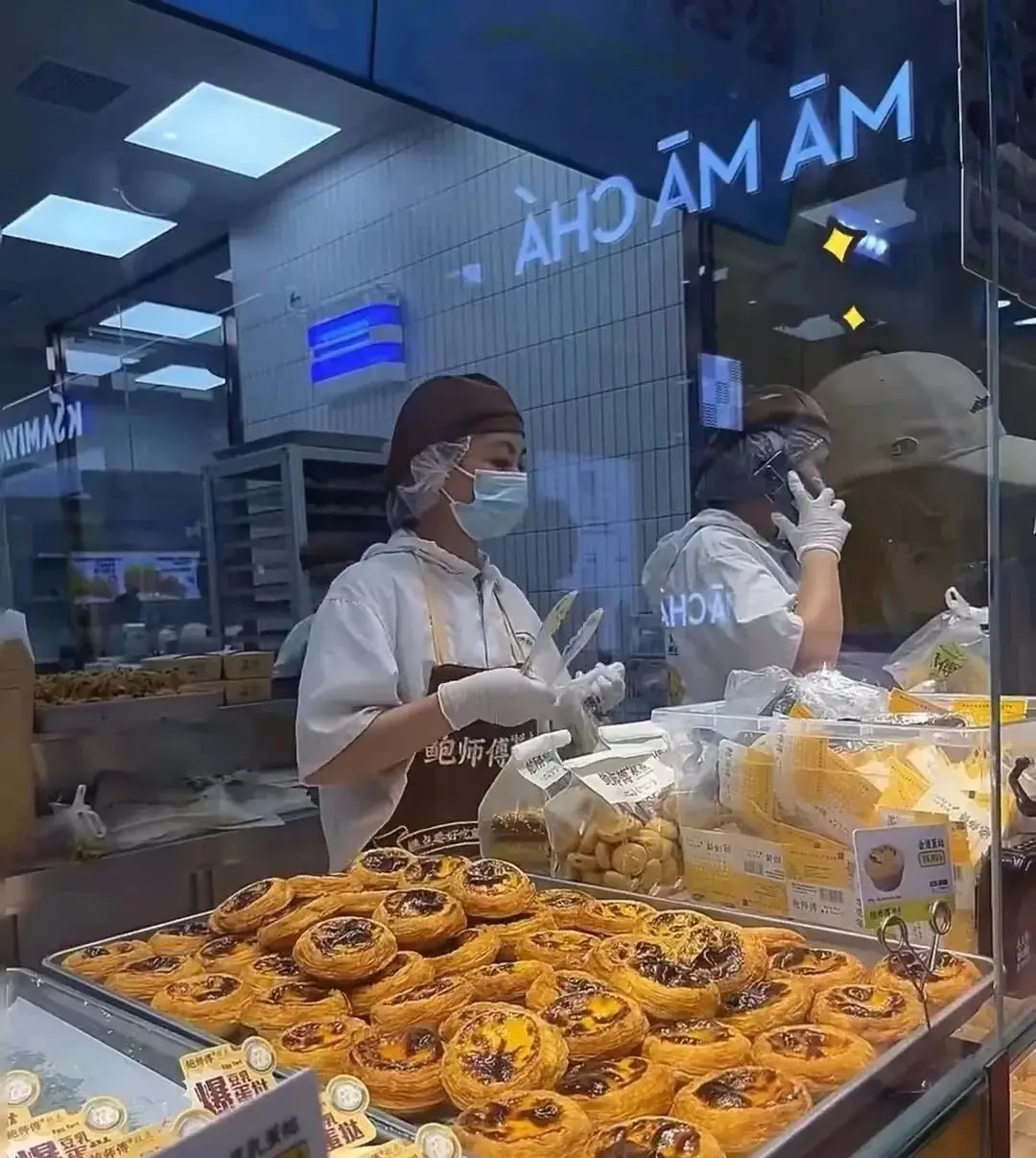Release time:2025-09-05 16:00:41 Publisher:Bao's Pastry
There’s a popular joke online: “My soulmate is a hero. One day, he’ll wait in line for seven hours wearing sneakers, holding a Heytea in one hand and Bao's Pastry in the other, just to bring them to me.”

Starting from a small bakery near the Communication University of China, Bao’s Pastry has grown into a well-known chain under Beijing Baocaisheng Catering Management Co., Ltd. For 14 years, it has remained popular. The brand has gone from a grassroots beginning to sudden fame, faced countless copycats, and in 2017 received over 100 million RMB in Series A funding from Tiantu Capital. While fighting legal battles against fakes, Bao’s Pastry is expanding quickly with new stores and an online store.
“We’ve never liked the 'internet famous' label. We don’t want to be a short-lived trend. If we have to have a label, I hope it can be 'well-loved and internet famous, '” said Hu Wuke, the company’s Jiangsu Regional Manager.
The Rise of a Grassroots Brand
The founder, Bao Caisheng, comes from Zixi County in Jiangxi, known as the “Hometown of Chinese Bread”. He learned baking from his parents as a teenager and has almost 30 years of experience.
In 2004, Bao and his wife opened a small 60-square-meter shop near the Communication University of China in Beijing. Named “Bao’s Western Pastry”, it sold bread and cakes—this was the early version of Bao’s Pastry. Though small, the shop helped Bao buy a home in Beijing within five years.
In 2008, he moved and opened new stores in better locations like Fuchengmen and Yonghegiao, switching to a takeaway style focused on specialty pastries. “These areas have more locals and tourists, which helps build a good reputation,” Bao explained.

The Pork Floss Mini Cake is the most famous product—a soft, egg-shaped cake filled with salad cream and meat floss. It’s the brand’s best-seller. Other popular items include egg yolk pastries, mung bean cakes, and date cakes. All are made fresh daily, simple, and appeal to all ages.
“We keep 15-18 well-tested products on the menu, adjusted slightly per store,” said Hu. Every year, Bao’s Pastry launches around seven new products, each approved by Bao Caisheng himself to ensure quality.
Prices are reasonable—a pound of pork floss cakes costs around RMB 30. Because customers often wait in long lines, they tend to buy more, so the average order is over RMB 30. It’s been said that Bao’s Pastry makes three times more money per square foot than Starbucks. Bao didn’t confirm this but said, “We do have higher sales than most bakeries.”
Because of its popularity, Bao’s Pastry expanded slowly at first, opening about three stores a year. Today, it has 37 stores and hundreds of employees.
In February 2017, the first Shanghai store opened in People’s Square. It was a huge success, with lines lasting up to seven hours. Overnight, Bao’s Pastry became a national phenomenon.
But with fame came problems: copycat stores started appearing everywhere.
Fighting the Fakes
Many customers didn’t realize they were buying from fake stores until Bao Caisheng spoke out in May 2018 and won its first trademark lawsuit in August.

By the end of 2017, there were only 26 real Bao’s Pastry stores, but over 1,000 fake ones across China. One company alone, Beijing Yishang Catering, operated nearly 400 counterfeit locations. They had bought the name “鲍师傅” rights and were selling franchises, damaging the real brand’s image.
“We were too focused on making good products. We weren’t prepared for trademark battles,” said Hu angrily. All Bao's Pastry stores are company-owned to control quality, but this slow growth allowed fakes to spread. Legal fights are expensive and time-consuming, making it hard to stop copycats.
The fact that there are so many fakes shows that the products are easy to imitate. A food industry analyst, Zhu Danpeng, said, “There’s no technical barrier in the pastry industry in China. It’s a mixed market.”
Hu admitted that the recipes aren’t complicated—high-quality ingredients and strict quality control are what set them apart. All ingredients come from top suppliers. For example, all eggs are from brands like Sundaily and CP. Every new ingredient is tested repeatedly. “Even if the meat floss is too crumbly, we reject it,” said Hu.
Copycats began appearing around 2014, with names like “Golden Bao's Pastry” or “Supreme Bao's Pastry”. By 2017, the problem was everywhere.
To fight back, Bao’s Pastry accepted investment from Tiantu Capital (which also invested in Zhou Hei Ya and Nayuki) and used the funding to expand faster, improve management, and open more stores to push out fakes.
New stores are opening in capital cities and developed areas. Many are larger, around 100-200 square meters. The company is also building its own central kitchen.
“China needs a leading traditional pastry brand,” said Hu. “We’ve had challenges, but we believe we can make Bao's Pastry a great brand—maybe even global someday.”
Previous article:Mixue Group's H1 2025 Report: Steady Growth and All-Time High in Global Stores.
Next article:Tianlala's Overseas Journey: Anhui Beverage Brand Crosses Oceans
回顶部